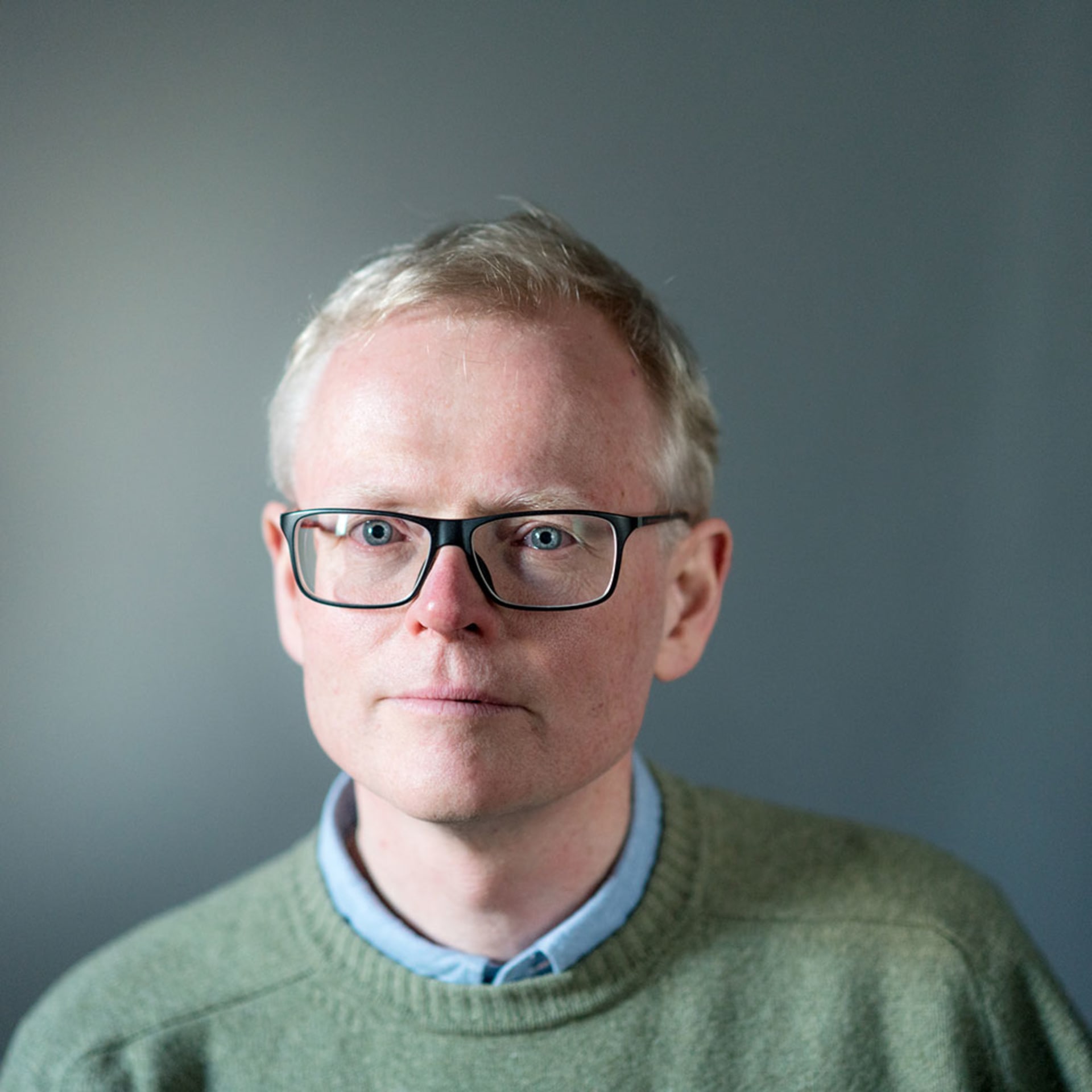Even as most of the world becomes more secular, religion is seeing a resurgence in places that have undergone major social and economic shifts.
In Southeast Asia, a new generation of increasingly observant Muslims is influencing sectors from food to fashion to banking, as covered in our recent trend report, “The New Muslimah.” In the US, evangelical Christians have reshaped the political landscape. There are even signs of religion permeating the upper echelons of culture: The theme for the 2018 Met Gala is “Heavenly Bodies: Fashion and the Catholic Imagination.”
This trend is perhaps most surprising in China, where religion is flourishing with the tacit approval of the government after a century of persecution. Hundreds of temples, mosques and churches are popping up each year to cater to millions of new worshipers, fueling pilgrimages, festivals and related businesses. The Innovation Group spoke with Ian Johnson, a Beijing-based Pulitzer-winning journalist and author of “The Souls of China: The Return of Religion after Mao.”
Why was religion in China suppressed to begin with?
It’s important to go back to before the communists, back to the 19th century when other countries were confronted with how to modernize. Many people felt religion was holding people back. In late 19th century China, some saw religion as a social ill, similar to footbinding or opium smoking. Buddhism, Daoism, folk religions were by and large suspect.
Hundreds of thousands of temples were destroyed. When the communists took over in 1949, they carried it forward in more radical fashion. During Mao’s Cultural Revolution from 1966-1976, he banned all places of worship. Mao himself was almost like a god; the little red book almost like a bible. Then he died.
Under Deng Xiaoping’s capital and economic reforms, control over a lot of society was loosened. He allowed seminaries to open, and monks, nurses and imams to be trained. It was thought that some old people still believed in religion and religions would slowly disappear.
But they didn’t?
No. As people got wealthier, there was a widespread perception that in China, there is a lack of shared values and China is in a sort of moral vacuum. We see this in social media—somebody is injured in the street and nobody helps them. There are food safety scandals. People are asking, “what sort of society have we become?” This is one of the reasons people are turning to religion.
Now the government feels some religion can be useful, especially if it doesn’t have foreign ties. Some are viewed less favorably, like Islam and Christianity. But Buddhism and Daoism are now tolerated and even encouraged. This slow shift that began about 10 years ago really picked up pace under current President Xi Jinping.
We see an explosion in the number of temples, churches and mosques paid for by ordinary people through donations. Religions are getting more active in proselytizing and even Buddhists and Daoists are trying to compete in this religious marketplace.
Are there implications for businesses?
A lot of the traditional holidays, which are really mini-seasons lasting 15 or 16 days, are becoming really popular. Each year has 24 mini-seasons, with names such as Grain Rain, Summer Harvest, Frost Descends, Lesser Snows and Greater Cold.
People are selling products based on these. There is a grocery store chain in Beijing that started a line of food for each of the different solar terms, such as green-bean cakes to cool the body in the summer and minced-garlic pies to fight off increased bacteria in the warming air of the Vernal Equinox.
Magazines run special issues about the solar terms and suggest appropriate tea, food and clothing.
Is there also more interest in pilgrimages?
The temples are often themselves quite big business, with sideline businesses such as pilgrimages. There are also books and devotional items. More broadly, people are interested in a more moral life.
Are there implications for advertising?
Not being ostentatious, and family values go over better. “Bling bling” China, for a lot of people, is passé.


